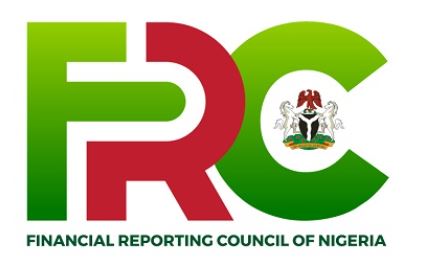The Financial Reporting Council of Nigeria (FRC) has issued a stern warning, declaring that government agencies and institutions failing to adhere to its reporting standards rule will face sanctions. Dr. Rabiu Olowo, the Chief Executive Officer of the Financial Reporting Council, delivered this cautionary message during a media roundtable held in Lagos.
Olowo emphasized that the FRC has gathered evidence indicating that numerous entities and government institutions are not meeting the high standards expected under the FRC Act of 2011. In response, the council is prepared to take decisive action against those found in breach of reporting standards, reinforcing its commitment to upholding transparency, accountability, and corporate governance.
During the media roundtable, Olowo outlined the pivotal role the FRC plays in setting high standards for auditing and corporate governance. The council’s mission is to ensure accountability among entities and institutions implementing these rules, fostering an environment of trust and reliability in financial reporting.
“Our task therefore is to transform the FRC into a new, robust, independent, and high-performing regulator comparable globally. The bedrock of the transformation agenda of the council going forward is to ensure maximum compliance with the FRC Act 2011 (as amended), and other statutory instruments released by the Council.”
He underscored that the transformation agenda involves ensuring maximum compliance with the FRC Act of 2011 (as amended) and other statutory instruments released by the council.
The CEO of FRC expressed the council’s commitment to giving full credibility to financial statements originating from Nigeria, creating an environment where investors can rely on the information provided in these statements.
“FRC intends to give full credibility to any financial statements coming out of Nigeria in a way that investors can rely on the information in the statements. A new FRC that will be firm and fair in carrying out her mandate; that will hold corporates and individuals accountable; and that will restore confidence in corporate reports and governance.”
The envisioned “new FRC” is expected to be firm and fair in carrying out its mandate, holding both corporates and individuals accountable, ultimately restoring confidence in corporate reports and governance.















